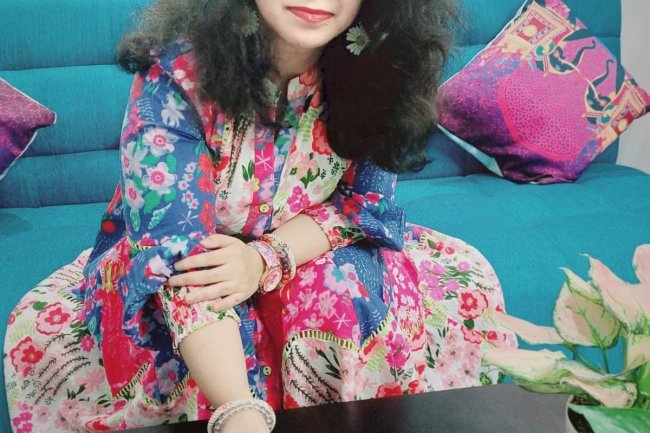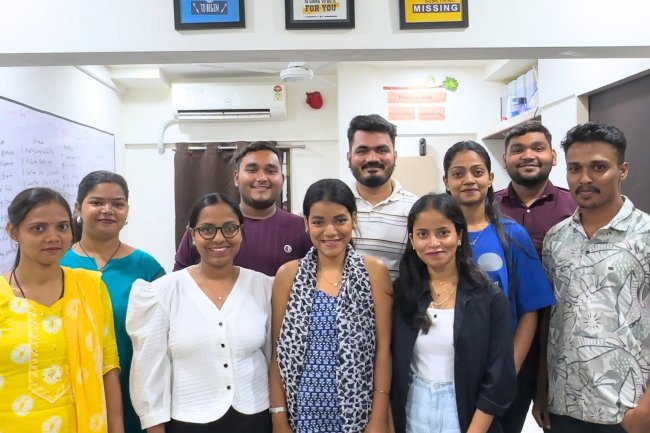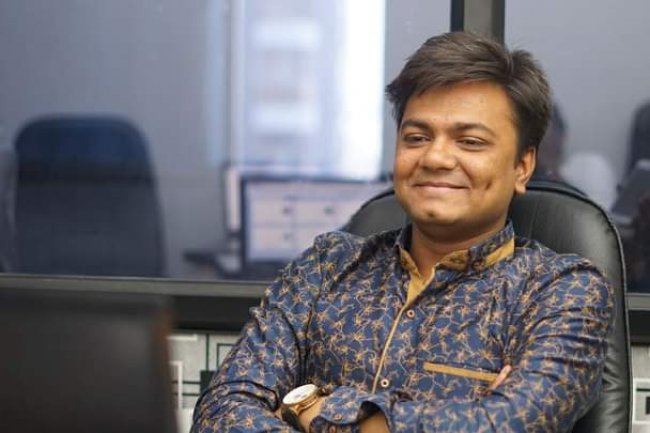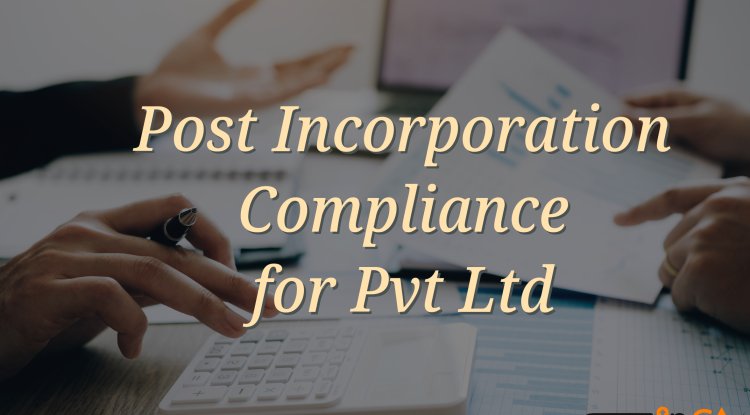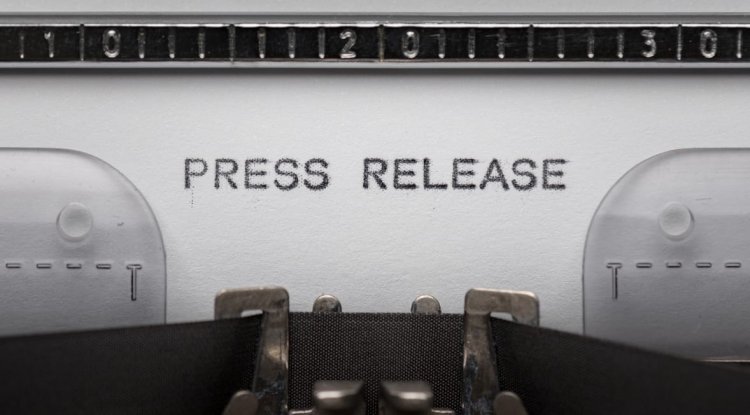Rahul Chaly at the Nobel Peace Conference 2025— Commemorating 80 Years Since Hiroshima and Nagasaki While Advancing Global Peace Efforts.
Oslo / New Delhi
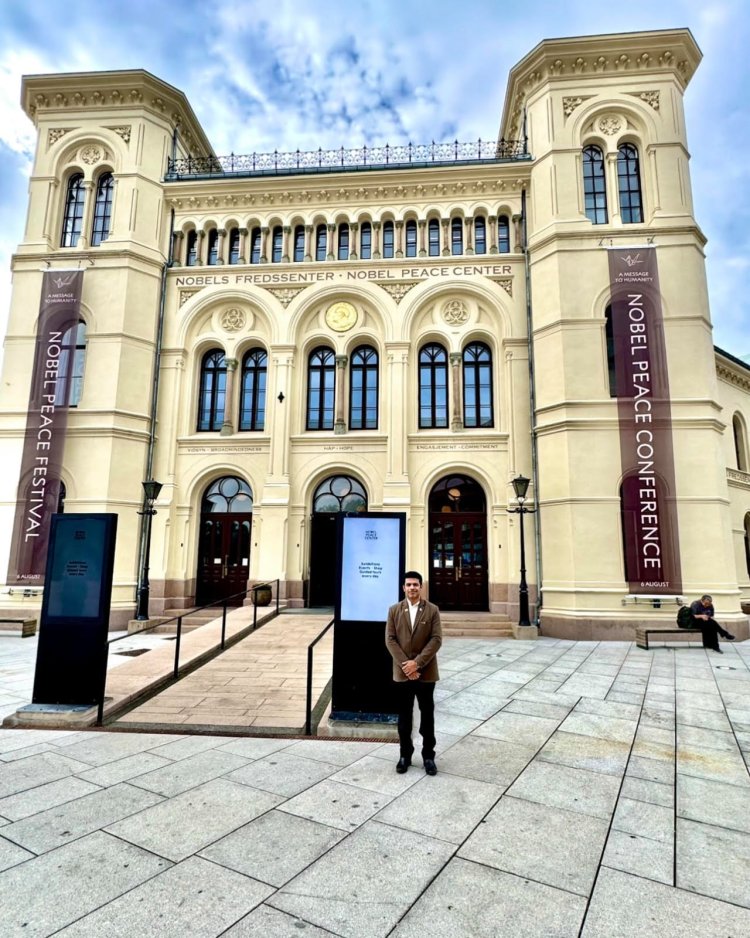
Rahul Chaly, an internationally recognised peacebuilder from Kerala, India, was among the distinguished delegates at the Nobel Peace Conference 2025 in Oslo, Norway, at a time of profound historical and geopolitical significance. Invited to the prestigious Conference and an exclusive Reception in association with it, Rahul joined Nobel Peace Prize Laureates, Heads of State, global changemakers, and grassroots leaders in discussions on nuclear disarmament, human rights, and climate justice.
The 2025 conference celebrated the work of Nihon Hidankyo, Laureate of the 2024 Nobel Peace Prize, honoured for decades of advocacy toward a world free of nuclear weapons. The event coincided with the 80th anniversary of the atomic bombings of Hiroshima, underscoring the urgency of eliminating nuclear threats. Against a backdrop of Hibakusha (atomic bomb survivor) testimonies and in a climate of escalating geopolitical tensions, the gathering examined today’s nuclear risks and sought actionable solutions to prevent future use.
Global Voices for Disarmament and Justice
The conference brought together an extraordinary roster of speakers, including Masako Wada, Assistant Secretary General of Nihon Hidankyo (Nobel Peace Prize 2024), who shared powerful witness statements from survivors; Stefan Löfven, former Prime Minister of Sweden and Chair of SIPRI; Eivind Vad Petersson, State Secretary for Minister of Foreign Affairs, Norway; Narges Mohammadi, Iranian women’s and human rights activist (Nobel Peace Prize 2023); Oleksandra Romantsova, Executive Director of the Centre for Civil Liberties (Nobel Peace Prize 2022); Daniel Högsta, Deputy Director of ICAN (Nobel Peace Prize 2017); Penelope Lea, youth climate activist and UNICEF ambassador; and Zia Mian, Princeton University physicist and disarmament advocate.
It also featured contributions from leaders in diplomacy, academia, and activism, including Jørgen Watne Frydnes (Chair of the Norwegian Nobel Committee), Raymond Johansen (Secretary General, Norwegian People’s Aid), and Kjersti Fløgstad (Executive Director, Nobel Peace Center), alongside Prof. Benoît Pelopidas (Founder, Nuclear Knowledges program at Sciences Po), Robert K. Elder (President & CEO, Outrider Foundation), Arnaud Siad (Host of PRIO’s Peace in a Pod), Venessa Hanson (ICAN), Emma Pike (Lex International), Miranda Kristina Aaland («Nei til Atomvåpen»), and Anantha Krishnan (Secretary General, Urban Economy Forum), all contributing to the rich exchange of ideas.
A Personal Perspective from Kerala
Rahul, from Thrissur, Kerala, has dedicated years to peace and sustainability locally and globally. He helped include Thrissur City in the UN recognised International Cities of Peace network, connecting it to worldwide peacebuilders. As President of the Rotary Club of Trichur West, he led 20+ service projects in rural Kerala focused on education, healthcare, and livelihoods. Under his leadership, the club became a RAGFP Peacebuilder Club. He now chairs Rotary International District 3205 - ESRAG South Asia, promoting environmental sustainability for peace.
His global work includes serving as a Peace Ambassador with the Institute for Economics and Peace (IEP), Humanitarian Affairs Asia, and as a World’s Children’s Prize Child Rights Ambassador Trainer. At the heart of his advocacy is IEP’s Positive Peace framework, which defines peace as the presence of the systems and attitudes that nurture long-term harmony.
Linking Local Action with Global Dialogue
At the Nobel Peace Conference, Rahul found the interplay between survivor testimony, policy discussion, and grassroots perspectives especially powerful. “Hearing the Hibakusha speak was profoundly moving,” he said. “It reminded me that peacebuilding is not just about policy frameworks, but about human lives—real stories that compel us to act.”
His conversations at the associated reception—attended by Nobel laureates, diplomats, and civil society leaders—centred on bridging local community initiatives with international treaties and advocacy networks. “The Treaty on the Prohibition of nuclear weapons is a landmark achievement, but its true strength relies on all nations and people uniting to embrace and uphold its goals for lasting peace. Raising awareness around this is the need of the hour and immediate action is essential to save humanity from the existential threat posed by nuclear weapons” he noted.
Recognition and Ongoing Work
Rahul’s contributions have been acknowledged internationally, including receiving the Global Peace Award at the International Diplomats Conference at the United Nations in Bangkok for championing compassion, uplifting communities, and advancing sustainable development.
His educational foundation—spanning The Lawrence School Lovedale, VIT Vellore, and Imperial College London—equips him with systems thinking and sustainability expertise, enabling him to connect local needs with global policy agendas.
Looking Ahead
Inspired by the dialogues in Oslo, Rahul is working to integrate peace education into India’s higher secondary curriculum. “In a divided world, we must teach young people compassion, resilience, and systems thinking. That’s how we future-proof humanity,” he said. Reflecting on the Nobel Peace Conference, he stressed that peace begins with people and grows where compassion and courage take root—whether dismantling nuclear arsenals or planting trees, every action contributes to a more peaceful and sustainable world.
What's Your Reaction?







